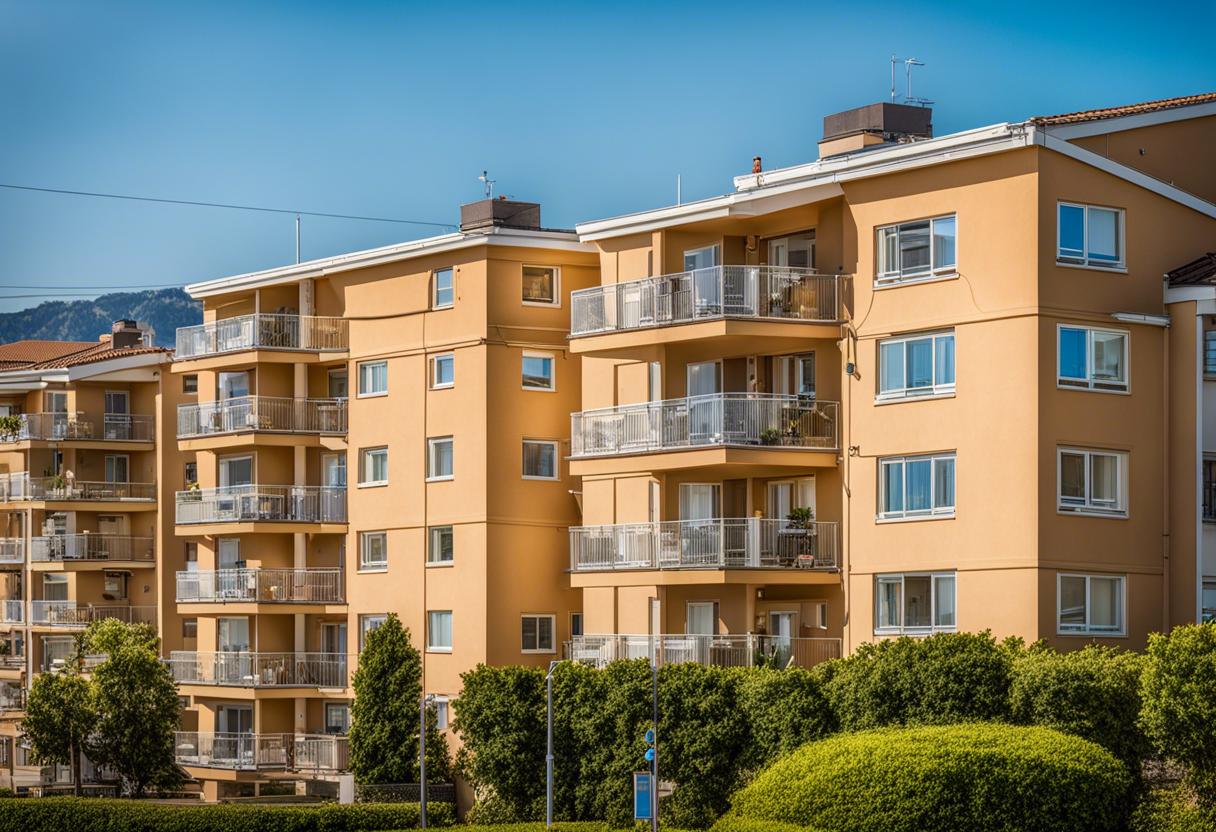An octogenarian female renter, resident of a flat in Ballsbridge, Dublin for almost three decades, has been ordered by a Residential Tenancies Board (RTB) tribunal to settle over €27,000 of unpaid rent. The elderly tenant, who had made an initial payment of €60 when she started her tenancy back in 1995, had seen her arrears accumulating over the years.
The tribunal, held in July 2023, heard from the tenant who was hoping to celebrate her 80th birthday under her own roof and expressed her deep connection with the property. She had occupied a single-bedroom flat on the top floor for a monthly rent of €1,141.
The tenant did not contest the eviction but voiced her struggles in securing alternative lodging. Despite reaching out to her local council and members, she found herself in a predicament, with seemingly no viable options. She met only a single landlord willing to entertain housing assistance payments (HAP), but found herself 12th in the queue.
According to the published tribunal report, the elderly tenant pleaded for assistance in securing new accommodation. The tribunal acknowledged the lack of support she had received, considering her age and circumstances. They deemed her desire to spend her 80th birthday in her own home as entirely legitimate.
By the time the landlord, owner of several properties in Dublin, served the eviction notice in December 2021, the tenant had accumulated €14,000 in rent arrears. The termination was to come into effect on July 31st the following year. After the notice, the rent payment fell even further as the tenant and her daughter, who resided with her, trimmed down their payments, leading to a further €15,000 increase in the arrears by the tribunal date.
The landlord cited his need for the flat, intending to use it as a base for managing his assets and to provide accommodation for his college-going children. Clarifying his stand, he stated that he wasn’t seeking damages for overholding, but insisted on adherence to the lawful termination notice.
The RTB mandated a tenant to leave the premises within a period of 28 days on 22nd November 2023. In addition, due to rent arrears extending over two years, the tenant was required to pay an outstanding balance of €27,384 at a rate of €2,282 monthly. Upon reacquiring the property, the landlord was instructed to reimburse the tenant’s €60 deposit in full.
In a separate case, a lone parent residing in Santry, Dublin with her three children was obligated to repay €18,798 in overdue rent. Despite her financial difficulties that made moving impossible, she expressed her wish to stay in the same property where she had been since 2010, most notably for its proximity to a childcare facility.
The hearing revealed that her departed ex-husband, who had committed to keep up with the rent payments when he left three years ago, had unfortunately failed to do so, leading to the accumulation of the arrears. The landlord’s representative testified at the hearing that no payments towards the arrears had been received, causing them to be hesitant about devising a plan that would only see €400 paid per month.
The landlord applied for full payment of the arrears and repossession of the property, but the termination notice provided was found invalid by the tribunal. The tenant was instructed to pay back the €18,798 within a period of 37 months, in addition to her usual monthly rent of €1,922.
In an unrelated matter, a landlord from Blarney, Co. Cork, was commanded by the tribunal to pay €5,000 in compensation following an illegal eviction and unlawful termination of a lease. The tribunal resolved that the landlord had unjustly forced a tenant out of the basement studio apartment, which had a monthly rent of €777, situated under the landlord’s residence.
The tribunal was informed that the tenant had a good rapport with his landlord until he experienced issues with his income. In September 2022, the tenant received an incorrectly served termination notice, requiring him to evacuate the property within one month.
The tribunal learned that on 13th October, the landlord cut off electricity and wifi services, leaving the tenant to collect rainwater after his water supply was halted for nearly a week. On that same day, after the landlord’s husband informed the tenant he was moving his car, the tenant found himself prevented from re-entering his apartment when he went out to confirm, according to the tribunal.
The tenant, in his nightwear and socks, went out seeking assistance, following which he contacted the police. Upon their arrival, they determined it to be a civil issue. His personal effects, including clothing, his child’s playthings and food were found dumped on the drive, according to his statement.
The landlord, in turn, refuted the tenant’s accusations of the disconnecting of water and wifi services. She insisted that he had voluntarily left the property, adding that he was not in his night attire. She also defended herself by asserting that he wasn’t barred from re-entering, and that she had summoned the police just to keep the peace.
Subsequently, the tribunal acknowledged the hardships the tenant faced due to the unlawful eviction, and directed the landlady to compensate for the damages within a span of 56 days.

